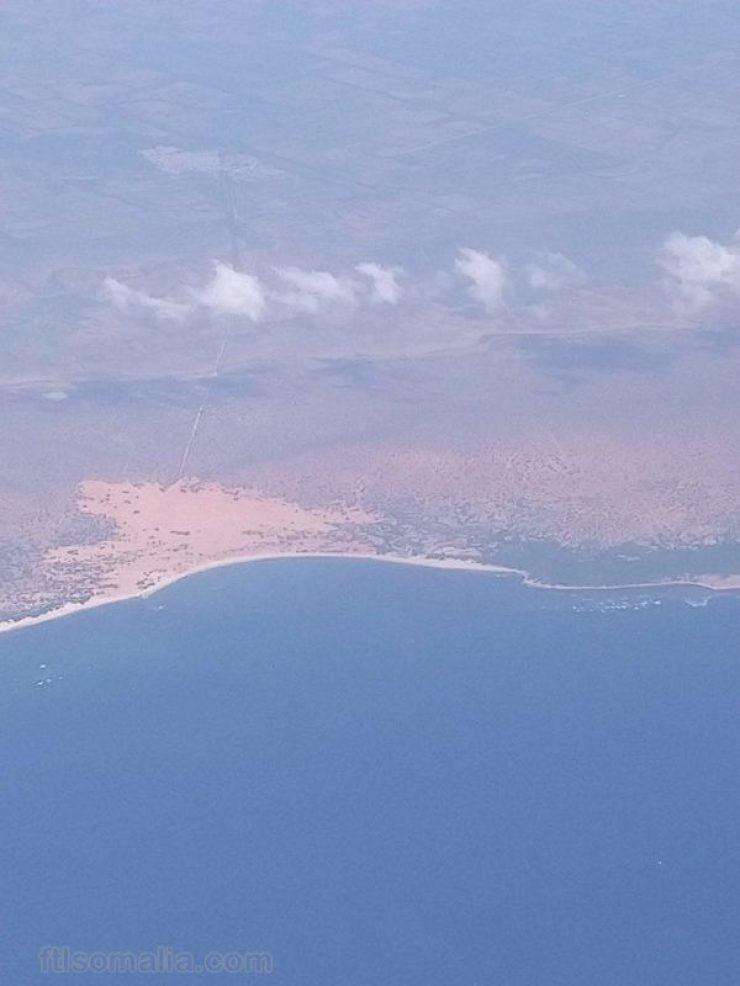The International Court of Justice (ICJ) postponed its highly anticipated verdict on the Somali-Kenya sea row. However, as Garowe Online reports, that could raise the political heat in Mogadishu.
It is not the first time ICJ has postponed deciding on this matter. It has now postponed the case twice in two months. Following Kenya’s application to the court, the two countries now have to wait until 8th-12th June 2020 to learn their fate.
In its application, Kenya sought a 12-month delay. The court refused to grant it that request. Instead, ICJ gave Kenya eight months to get her legal affairs’ team right.
Following that decision, Hassan Sheikh Mohamud, who was the country’s president between 2012 and 2016, questioned ICJ. He wanted President Mohamed Abdullahi Farmajo to explain the new events.
On Monday, Mohamud, who leads the Union for Peace and Development Party, tweeted that Mogadishu is probably planning to settle the dispute with Kenya out of court.
In his tweet, he wondered what happened to Somalia’s maritime dispute in the ICJ. He went further to state that the country deserves to know the reasons for postponing the case. He was perplexed that this could herald the start of an out of court settlement. He demanded proper answers from the government.
In September, when the African Union opted to stay away from the crisis, Kenya’s pursuit of an out of court settlement seemed to have dissipated. At the time, Kenya’s President Uhuru Kenyatta wanted AU to ask Farmajo to lead Somalia to drop the case.
However, Hassan Sheikh’s continued disagreements with Farmajo give his latest comments a political touch. It’s only last September that he was against the government’s decision to prevent Sharif Sheikh Ahmed from visiting Kismayo.
Ahmed is the country’s 7th president. He had planned to attend Ahmed Madobe’s inauguration as the President of Jubaland. However, the government turned Madobe away when he was at the Aden Abdulle Airport.
In the just-concluded UN General Assembly, AU Chairman – Abdel Fattah – organized an informal session between the two countries presidents – Kenyatta and Farmajo.
President Kenyatta preferred to negotiate with Somalia. He insisted that his country would rather a dialogue instead of proceeding with the case at the Hague-based ICJ, as that could be quite troublesome to all.
“Similarly, my administration will not stop reaching out to Somalia to find sustainable solutions that are mutually beneficial to our two countries. The maritime boundary dispute will not mar relationships between us,” he said.
Nevertheless, Farmajo defiantly told the UN General Assembly that his country would prefer to settle the matter in court. He also stated that the maritime dispute should not interfere with the relationship between the two nations.
“We are glad to note that ICJ has jurisdiction over this case, which it has scheduled for November. As a member of the UN, Somalia would like to pursue the court case to the logical conclusion,” Farmajo stated.
Initially, ICJ wanted to hear the case on September 9th until Kenya pleaded for more time. Afterward, the court postponed the hearing to November 4th before pushing it to next year during the last week.
During Madobe’s inauguration, last week, Hassan Sheikh and Sharif Sheikh Ahmed both promised the country a revolution that will start in Mogadishu before the 2020 presidential polls.
Last weekend, Kenya made its objections known to a 20-man application to force Nairobi to withdraw from the ICJ case. Kenya insists that it wants to see the matter resolved quickly.
Somalia moved to The Hague-based court in 2014 to accuse Kenya of encroachment on its Indian Ocean coastline. Kenya remains uninterested on the court process since then.
In 2014, Somalia took Kenya to The Hague court, accusing it of infringing its Indian Ocean coastline. Since then, Kenya has failed to show any interest in the court process.


